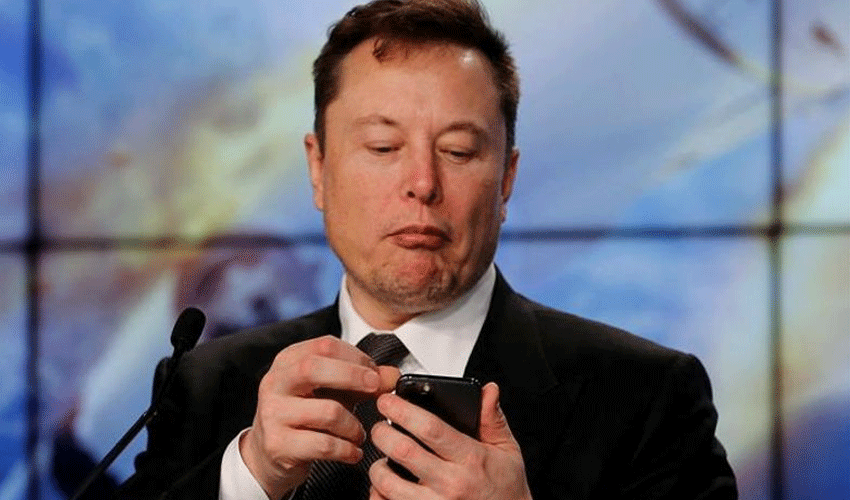Elon Musk - the billionaire entrepreneur and CEO of SpaceX and Tesla - reportedly approached multiple women, including influencers and business associates, in an attempt to father more children as part of a personal mission to counter what he perceives as the "existential threat" of declining global birthrates.
According to a report published by The Wall Street Journal, Musk, who is already a father to at least 14 children with four known women, has privately offered to donate sperm, utilised surrogates, and entered into confidential arrangements with women in a bid to expand what he has reportedly described as a “legion”.
The report claims that the tech mogul’s activities have largely remained out of public view, managed through non-disclosure agreements and financial settlements. The underlying motive, sources suggest, is Musk’s belief that civilisation faces a serious threat from dwindling birthrates — a theme he has frequently discussed publicly on social media platform X, formerly known as Twitter.
Musk, who also serves on a policy advisory group formed during Donald Trump’s tenure as US president, has not publicly refuted the specifics of the WSJ report, but responded with a cryptic message on X, writing simply, “TMZ >> WSJ”, suggesting the tabloid-style nature of the revelations.
Approaches via social media
Among those named in the WSJ report is Japanese-American cryptocurrency influencer Tiffany Fong, who revealed that Musk contacted her directly on X and suggested she have his child. Fong told the publication that after she declined the proposal — citing her preference for a traditional family structure — her relationship with Musk soured. The Tesla CEO reportedly unfollowed her on the platform, which significantly reduced her online visibility and revenue. Fong stated that within two weeks of being noticed by Musk, she had earned $21,000 due to the sudden spike in followers.
Fong later shared details of the encounter with her friends, including conservative author and influencer Ashley St Clair — herself a former partner of Musk and mother to one of his children.
Financial deals and NDAs
St Clair, who reportedly gave birth to Musk’s 13th child in September 2024, declined to sign a proposed non-disclosure agreement that would have included a financial package worth $15 million along with monthly support payments of $100,000. Instead, she chose to go public with the relationship in February 2025.
Text messages and audio obtained by WSJ reveal that Musk expressed a desire to father even more children via surrogacy, with the aim of achieving “legion-level before the apocalypse”. In one call, St Clair told a senior Musk aide, Jared Birchall, “I don’t want my son to feel like he’s a secret,” describing her discomfort with being caught in what she referred to as a “harem drama”.
The term “harem” traditionally refers to a secluded space for women in certain cultural contexts, including Islamic societies, but has come to imply a group of romantic or domestic partners maintained by one individual — in this case, the world’s richest man.In a separate but related development, a New York Times report last year revealed that Musk had purchased a sprawling 14,400-square-foot compound in Texas, valued at $35 million (Rs295 crore), reportedly to house his children and former partners. The secluded residence is believed to be part of Musk’s broader efforts to create a centralised private space for his extended family.
Musk's Known Partners and Children
Elon Musk’s known partners include Canadian author Justine Wilson, with whom he shares five children; musician Grimes (Claire Boucher), the mother of three of his children; Shivon Zilis, an executive at Neuralink, who gave birth to twins; and Ashley St Clair.
However, the WSJ report suggests there may be additional, unacknowledged children and partners, reflecting Musk’s long-held concern over demographic decline.
Public reaction
The revelations have reignited public discourse about the personal lives of influential tech leaders, and the blurred boundaries between private choices and public accountability.
Critics argue that Musk’s reported behaviour raises ethical questions about power dynamics and the influence wielded by high-profile individuals over less prominent figures.


























